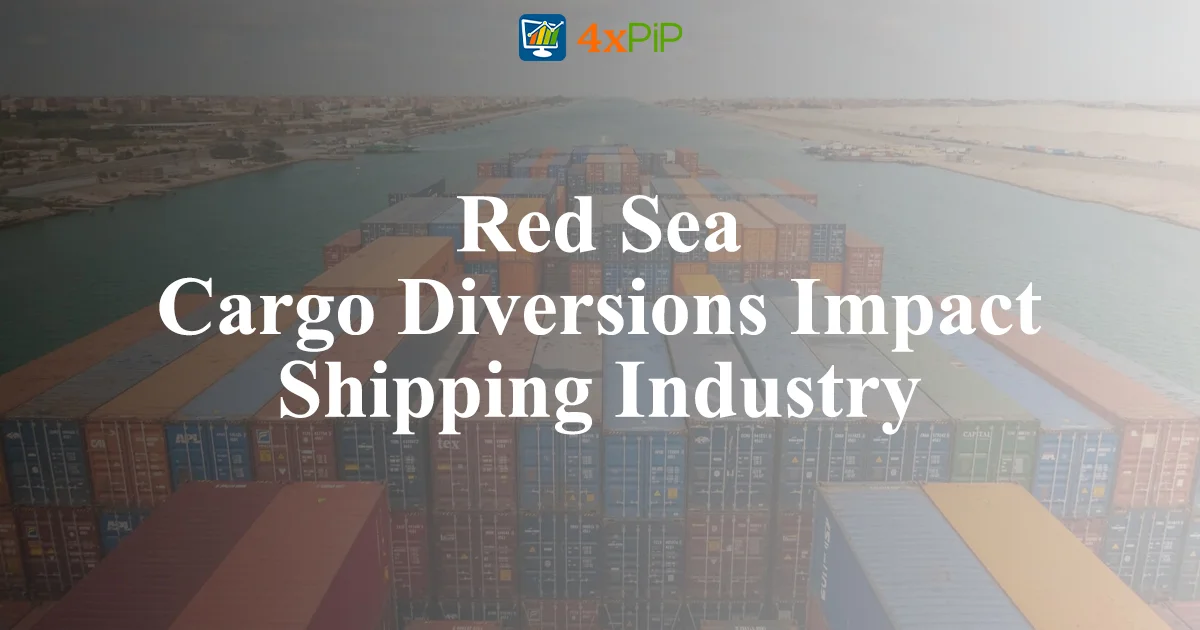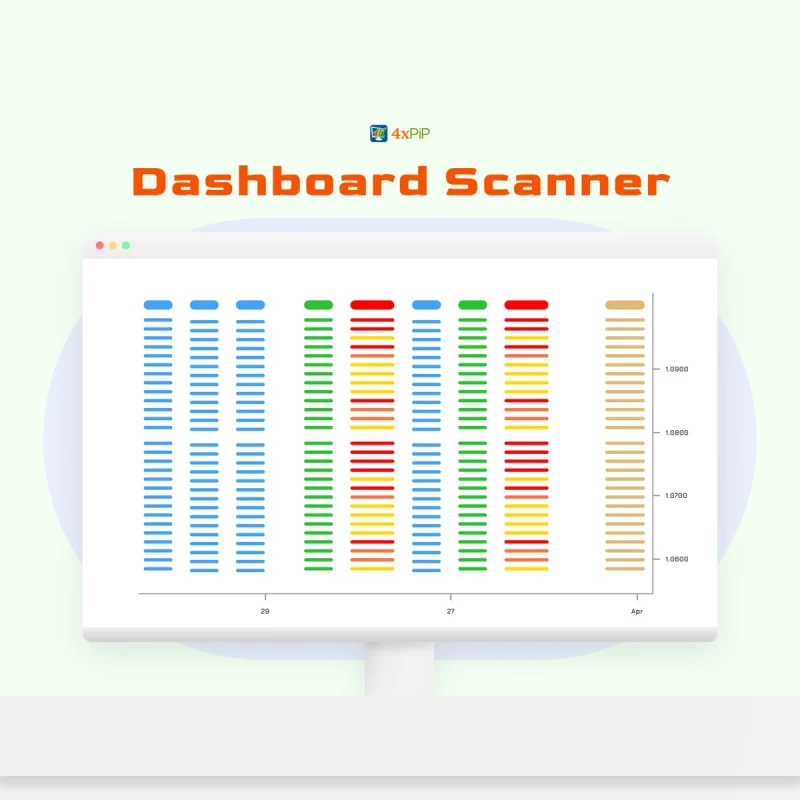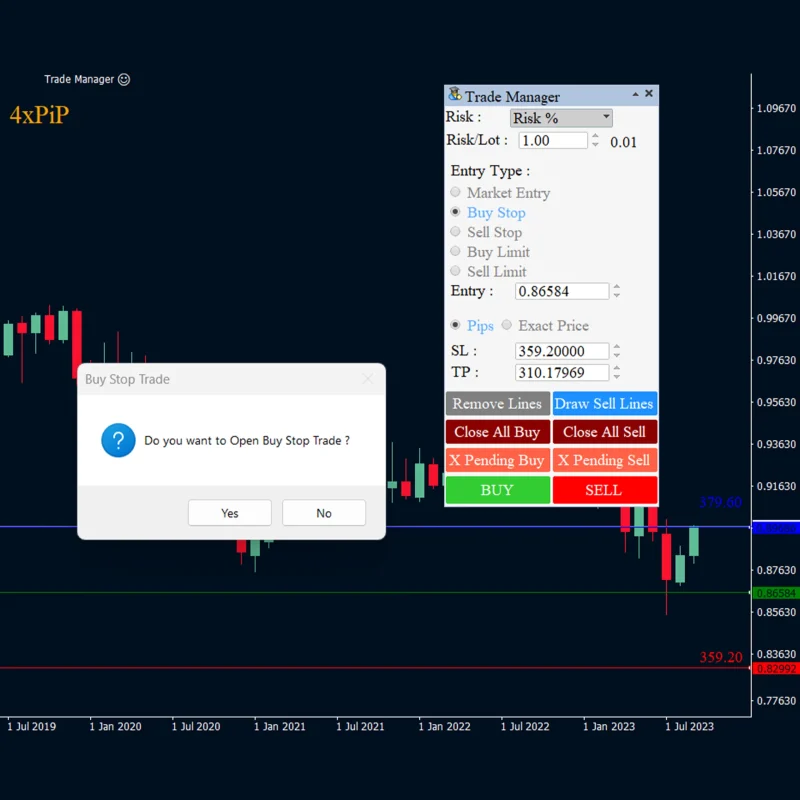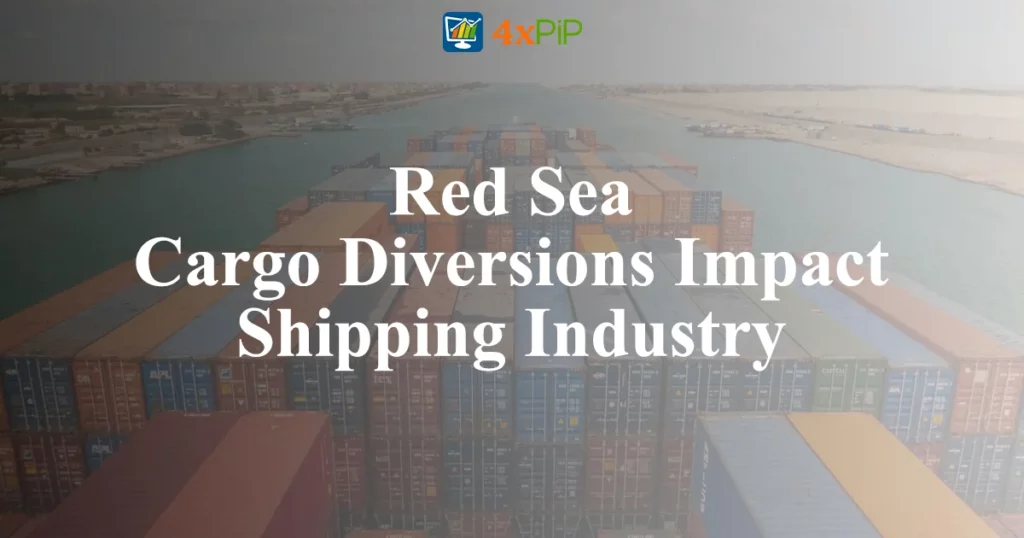In response to over a dozen Houthi attacks in the Red Sea since October, shippers have redirected $30 billion in cargo. Carriers are altering routes due to security concerns arising from the Israel-Hamas conflict. U.S. Defense Secretary Lloyd Austin announced an international task force to address these issues.
Security measures, such as Best Management Practices, are recommended by maritime security firm Ambrey. Currently, 57 container vessels circumvent Africa, increasing travel time. Kuehne+Nagel reports a total container capacity of 700,000 TEUs, valued at $35 billion. Ocean carriers race to inform U.S. shippers about potential delays.
The Houthis, backed by Iran, aligned with Hamas, complicating the situation. Fleet capacity growth of 20% in the past year allows carriers to deploy additional vessels. Maersk anticipates two to four weeks of delays, particularly affecting Europe. U.S. shippers are advised to consider alternative routes, with delays expected.
SEKO Logistics warns of 10-14 day delays for East Coast cargo, suggesting contingency plans. A diversion around the Cape of Good Hope adds 3,400 nautical miles and 14 extra days. Logistics firms recommend a multi-pronged approach, considering rail and truck options. Concerns about rapid freight rate increases prompt monitoring by the Federal Maritime Commission.
In June 2022, Congress passed the Ocean Shipping Reform Act to regulate ocean carriers’ price hikes. FMC Chairman Dan Maffei assures close monitoring to prevent unreasonable behavior.
In this challenging scenario, shippers must strategize, considering multiple factors for a resilient supply chain. For further guidance and information on risk mitigation, contact 4xPip‘s experts at [email protected]. Explore our range of tools, including Expert Advisors and Indicators, to enhance your trading experience.
Conclusion:
In conclusion, the Red Sea cargo diversions due to security concerns pose challenges for the shipping industry. Shippers are navigating uncertainties, considering alternative routes, and anticipating potential delays. The collaboration of an international task force and the continuous monitoring by organizations like the Federal Maritime Commission are essential for addressing and mitigating these challenges. As the situation unfolds, stakeholders must remain agile and informed, seeking guidance from trusted sources like 4xPip for effective risk management in the trading landscape.












